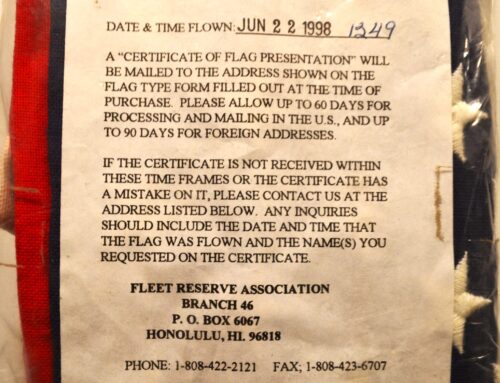We’re surrounded. That simplifies our problem…” – Lt. Gen. Chesty Puller, USMC
From 221 to 206BC the Qin, pronounced “Chin”, Dynasty ruled China, and represented the first unified central government in Chinese history. As absolute monarchies do, the Qin built power and influence by wielding military might and merciless rule. The only “fairness” they could be accused of was the heavy-handed manner in which they treated all their subjects. Peasantry, administrators, and soldiers alike were expected to abide by harsh laws and suffer vicious penalties.
The Burning of Books and Burying of Scholars.
In 209, Imperial Army Officers Chen Sheng and Wu Guang were directed to march their men to a new post reinforcing the defenses at Yuyang Provence. Along the journey they encountered massive flooding due to strong rains, forcing them to fall behind schedule.
History doesn’t tell us if Sheng or Guang asked the first question to the other, but the exchange was said to have transpired as follows:
Q: “What is the penalty for being late?”
A: “Death.”
*pause*
Q: “What is the penalty for insurrection?”
Thus was born the Dazexiang Uprising. (Dazexiang loosely translates to Big Swamp Village.) The rebellion was ultimately unsuccessful, but served as the template for future Chinese uprisings.
The lesson for us is simple:
When people have nothing left to lose, don’t be surprised when they act accordingly.
That applies to criminals and good citizens, both.
Beware of the corners you paint towards, and those you paint others into.
“Desperation is sometimes as powerful an inspiration as genius.”
– Benjamin Disraeli






Leave A Comment
You must be logged in to post a comment.